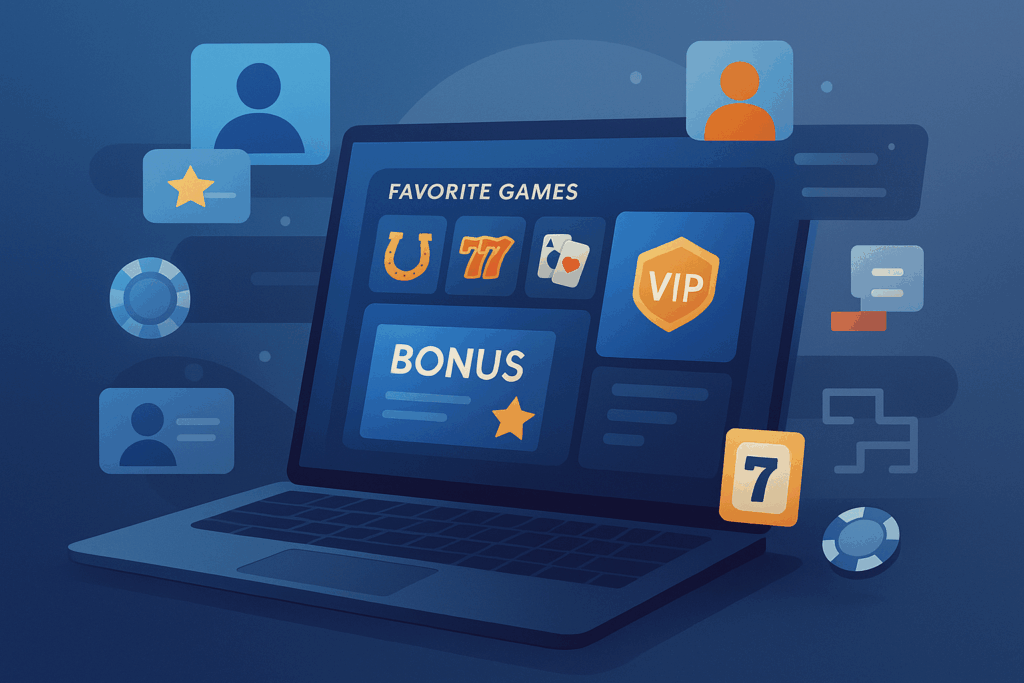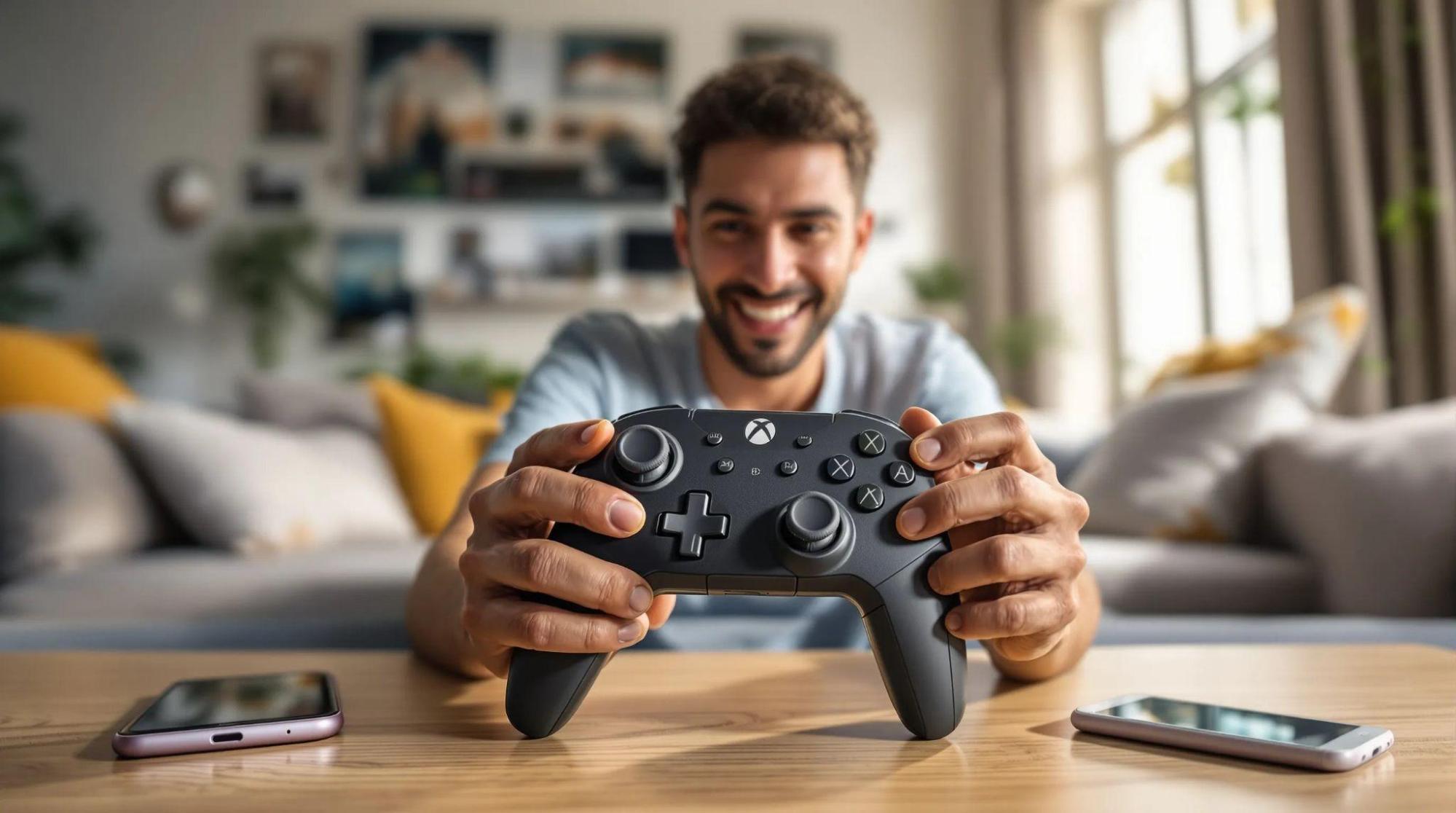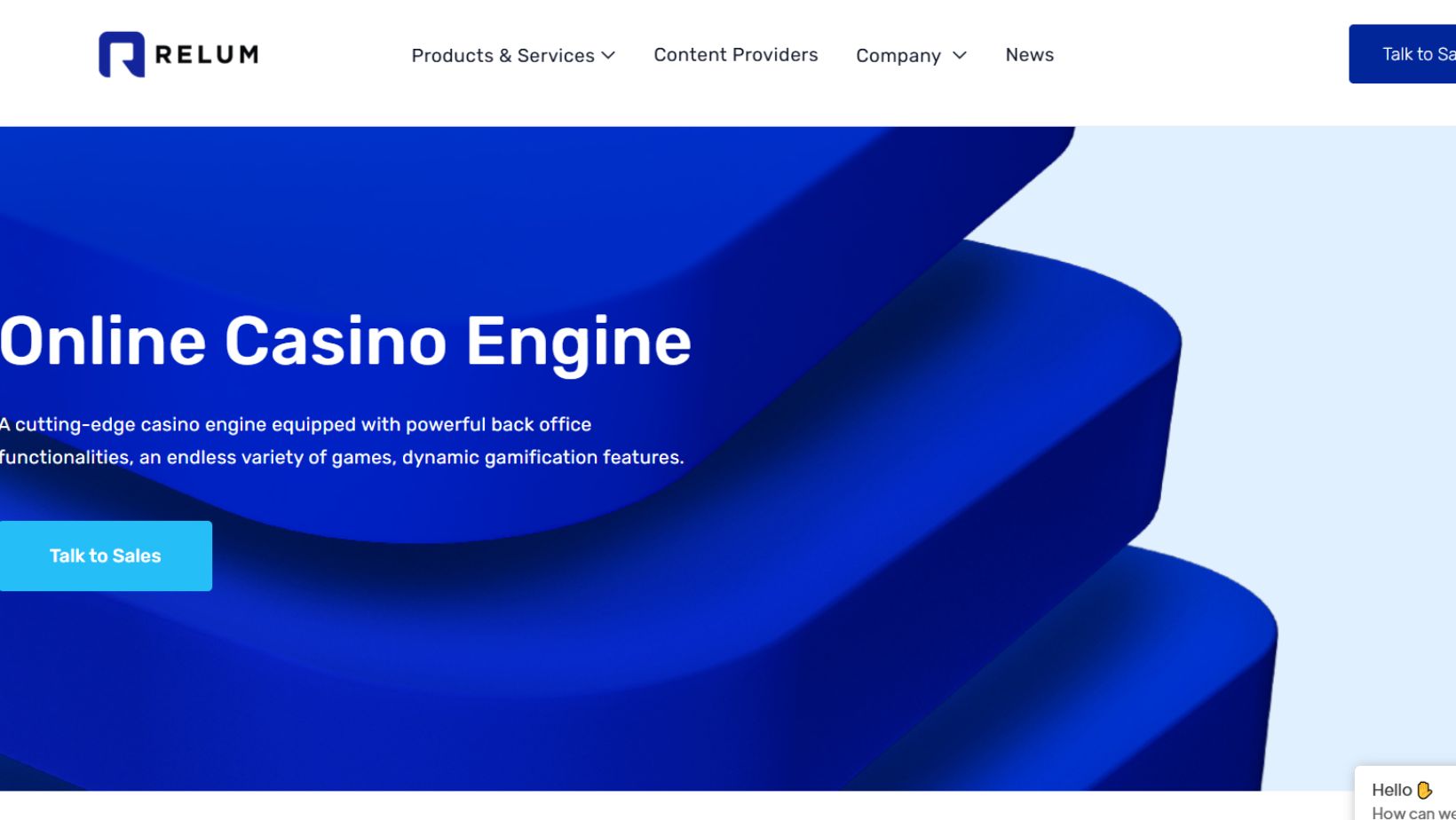As a concept in business, personalization has a long history. The first examples of it being purposefully used date back to the 1950s when personalized letters were sent to people, with their names and address, by banks and retailers with the goal to persuade them to buy their products. Since then, the concept has evolved drastically, and now it defines most of the modern economy.
From online shopping to entertainment platforms, consumers now expect services tailored to their needs. And the reason is not pure convenience. This increased desire for made-for-you products reflects how people perceive the digital world – they look for experiences that will make them feel unique. Nothing less of it will feel satisfactory.
Digital casinos are an excellent example of how these high expectations are changing the whole industry. Flashy graphics or welcome bonuses are no longer enough. To sign in, players need greater incentives – a platform that seems to understand their preferences. And that’s where our story begins.
Table of Contents
ToggleWhy Personalization Matters to Players
The days when players picked a casino based solely on witty ads and huge oversized bonuses are practically over. Most players will spend significant time until they find a website that reflects their personal tastes, whether in terms of games or the number of betting options. For example, a player who enjoys poker at low stakes will choose a platform that keeps a record of that particular preference and offers tailored games and bonuses. Platforms that fail here fail anyway.
The underlying feeling that the casinos that use personalization are trying to provoke is the feeling of being acknowledged, but not targeted. This sense of recognition creates an enjoyable experience because players feel good when they use a platform seemingly built with them in mind. For this reason, the guides showing where to play in Canada often direct players toward casinos known payment versatility, technical superiority, reliability, and a careful selection of games. All these qualities help people feel confident when deciding on one of many options available in the crowded market.
When done with care, personalization encourages longer play and stronger loyalty. Players stick with what meets their expectations, not because they are locked in, but because they feel valued.
How Digital Casinos Personalize the Experience
Personalization in digital casinos never happened by accident. Behind the curtain, platforms use a variety of tools to track how people play, what they like, and what grabs their attention. This means that algorithms closely monitor all your gaming patterns, favourite titles, and even how you respond to notifications or offers.
The data algorithm lets a platform adjust not just game recommendations but also the way it communicates with you or any other player at the moment. Thanks to this possibility, one player receives custom-made bonus offers while the other experiences changes in the tone of customer service responses. All at the same time and in the same place. Loyalty programs push this even further by offering personalized milestones, like birthday rewards, for example, or VIP tiers that unlock based on individual activity.
All these adjustments combined make a platform feel more intuitive for each player. Favourite games are easier to access, offers feel relevant, and interactions seem tuned to individual preference. Combined, these tactics turn occasional visitors into returning players.
The Business Side of Personalization
For casino operators, personalization is more than making players happy. These companies are in the business of making money and personalization is their tool for keeping competition at bay and improving business results. This means that personalized offers serve to make players see value in staying. They also improve conversion rates, because promotions tied to a player’s habits perform much better than generic messages.
Marketing teams benefit as well. With better data, they can spend more efficiently and direct their efforts toward segments most likely to give positive feedback. According to 2024 personalization statistics, 80% of consumers were found willing to share their personal data in exchange for offers and deals. To digital casinos, these high percentages clearly indicate that players are open to sharing information if they believe it leads to a better experience. At the same time, the numbers signal a responsibility to use that data wisely, because trust plays a central role in keeping people engaged.
In an industry with a staggering number of options, standing out often comes down to how well a business connects with its audience, and personalization has become a major part of that strategy.
Understanding the Limits of Personalization
As useful as it can be, personalization also raises questions. People are naturally curious and distrustful, and they inevitably wonder how their data is being used when platforms manage to give such detailed offers. While some do appreciate the tailored experience, others want clarity on what drives it.
Throughout the world, regulators are looking into how personalization aligns with responsible gaming practices. They are examining whether personalized experiences also include safeguards that help people play within healthy limits. This investigation and respective discussion is not about discouraging personalization but about ensuring that it remains fair and transparent.
As far as players are concerned, knowing more about how the system works only adds a layer of trust. This means that platforms that communicate clearly actively build confidence in the idea that personalization is used to improve the experience, not to push players beyond what feels comfortable.
How Innovation Expands Personalization
Apart from recommendations and offers, some digital casinos now let players personalize the environment itself. Players get to customize lobbies and arrange their home screens, placing favorite games upfront or selecting visuals that match their tastes. This creates a smoother, more enjoyable entry point every time they log in.
Tournaments and challenge systems are a whole new level of experience. Instead of only joining open competitions, players can now receive invites to events that match their playing style or skill level. This makes them feel appreciated for the time they spent playing and creates a sense of progression, even for casual players.
Features like customizable lobbies or tailored challenges reflect a wider movement across industries, where personalization plays an almost decisive role in how businesses connect with customers. A study on the influence of personalization on consumer satisfaction points out that personalization has become central to modern marketing, improving experiences, deepening engagement, and helping build trust. In the context of online gambling, the findings clearly point to a future where personalization will not only influence player satisfaction but also define how the industry applies quality and innovation.





